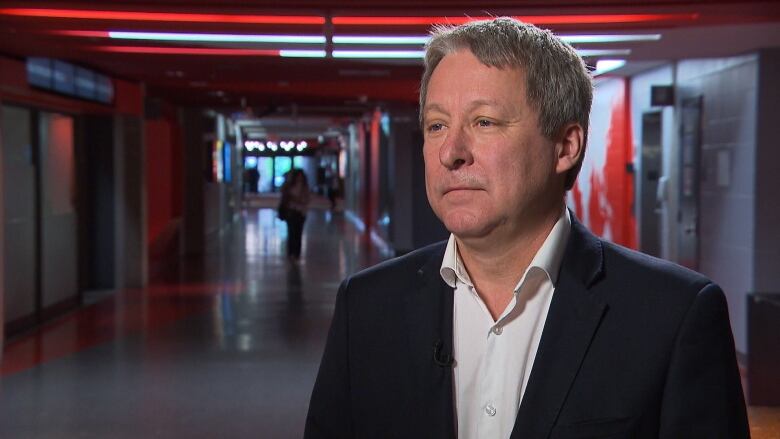What Quebec's government-run cannabis stores will look like
SAQ head Alain Brunet says clients will be able to buy behind-the-counter pot from extensively trained workers

The head of Quebec's liquor board sayseven though there's still no official date for the legalization of cannabis, the SAQ will be ready to serve Quebecers in stores and online.
SAQ president and CEO Alain Brunetsays the agency is in the process of figuring out where stores will be located they can't be within 250 metres of an elementary or high school and will soon be recruiting employees.
Alain Brunet spoke with Radio-Canada, unveiling some details about what the new government-run stores will look like and how they will operate.

What will the stores look like?
It's a store, boutique style, about 2,000 square feet. The store will have threesections: a vestibule where we can card people and welcome people.
Why card people? It's the law that states we can't have minors inside, so we need to check that right away.
Then there is the area where we advise people, and we are banking a lot on the counselling part because that is our mission: the communication around the product, education, the technical side.
The third section is the behind-the-counter service. It's really a store that has counters, and the service is done face to face, to have access to the products.
How will employees be trained?
Each store will have about 15 employees, part-time and full-time. It's a lot of training, under the responsibility of the Health Ministry. We worked very closely with them. It covers the technical side of the product and alsothe healthy consumption of the product.... We have to be preventative in that regard.
Then there is also the aspect of ethical sales never selling to a minor, and so on.
Who can work there?
It has to be someone who has a clean record.The law obliges us to do background checks with the Sret du Qubec of all the people we hire.
From there, theyhave to pass a safety aptitude test, and then it's a question of being comfortable with this type of product and being comfortable with [customer service and with] getting training to understand all the technical aspects of the product.
Will working conditions be same as the SAQ's?
They will be different. This is a branch that is completely independent, with its own management and administrative council. That's how legislators wanted it. So the working conditions tied to that entity are independent.
If an SAQ employee wants to go work there, it's a choice they'll have to make, as they would have to do if they left for any other independent company.
How concerned are you about security threats with deliveries?
We have experience with this. With alcohol, our transporter is Canada Post. We've been making home deliveries of alcohol since 2000,and it's safe. We have the program and measures in place to ensure, for example, that a package is never left at the door.The person who accepts the delivery must be 18 or over and must sign for it.
In the case of cannabis, we have been assured that the security measures in place will be even stricter.
How many stores will there be?
Between now and December, wewill openabout 20 stores.
Then, after one full year [of legalization], therewill be at about 50 or 60 stores. We are aiming to have 150 to 160 stores within two to three years.
The websitewhich will allow people to make transactionswill be operational from the beginning.
Based on an interview by Radio-Canada's Pascal Robidas












_(720p).jpg)


 OFFICIAL HD MUSIC VIDEO.jpg)
.jpg)



























































































